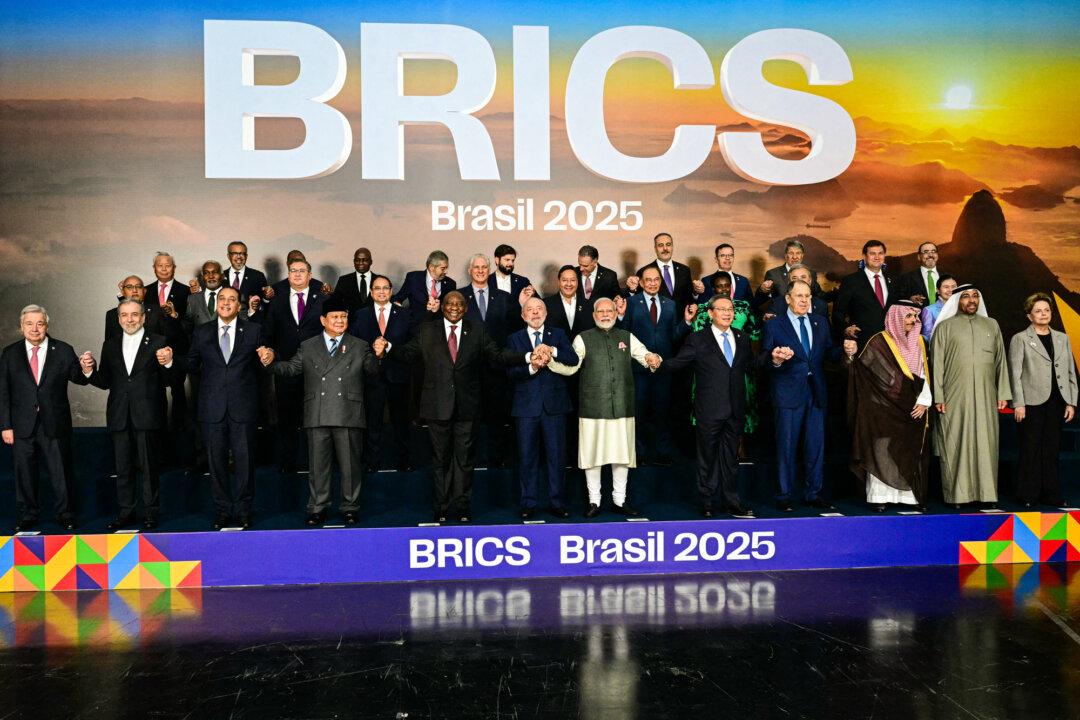Donald Trump knows a big real estate deal when he sees it, and what bigger deal is there in the world than a Palestinian-Israeli peace plan? It’s all about land and money, so how tough could it be?
A Major Inconvenience
Trump’s plan was supposed to be launched June 23, but there’s a huge problem. Actually, there are several. For one, Israeli prime minister Benjamin Netanyahu failed to form a government within the legal time period after winning re-election, so there’s no Israeli government to approve the deal, regardless of what the Palestinians may or may not do.Netanyahu now faces another election scheduled for September 17th. This fact alone undercut Trump’s peace plan debut. But even if he wins again, will he be able to form a government then? What will be different from now? Or, what if a center-left or leftist opponent beats Netanyahu in September? It’s not likely that they’d support Trump’s plan, whatever it may be.





